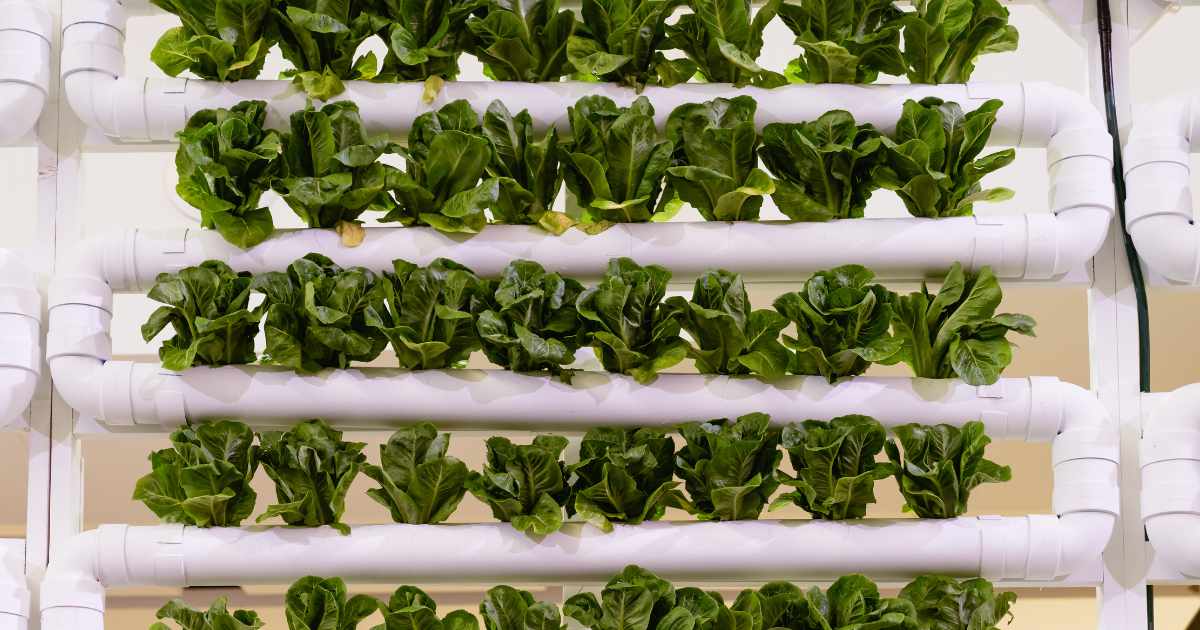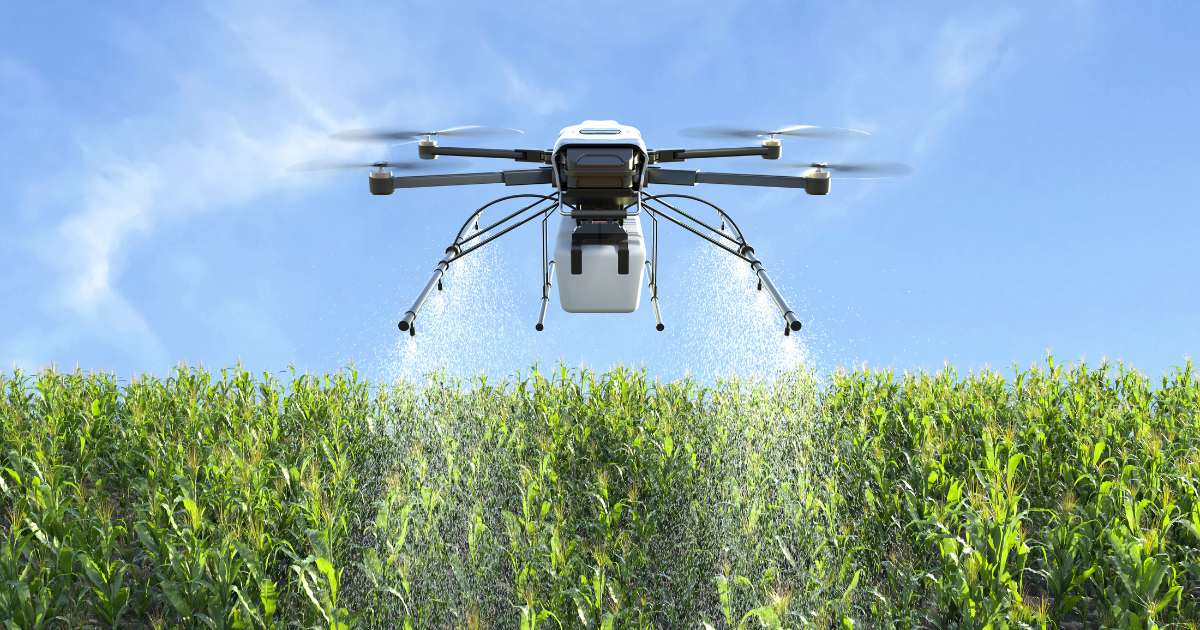
Individuals who have never been in contact with the agricultural sector might hear ‘farming opportunities’ and only believe that this means you have to own a farm where you either breed livestock or plant crops. Yet, this isn’t true. Advancements and technology and fellow entrepreneurial innovation has made it possible for individuals to leverage farming opportunities in South Africa without having access to lots of space.
Aspiring South African farmers or emerging farmers, there are opportunities that don’t require a lot of space and produce commodities. These include farming with livestock such as rabbits, poultry, and snails, as well as vertical farming with hydroponics and mushroom farming.
What’s more, persons operating in the agricultural sector can turn to agrotourism as an opportunity to diversify their farming operation. Here’s a few ideas about leveraging farming opportunities in South Africa.
Turn Urban Agriculture into a Farming Opportunity
Urban agriculture is not a new topic, and neither are any of its related farming methods. In cities or small plots of land where there is little space to cultivate a fruitful yield, farmers may turn to vertical farming.
Vertical farming uses vertical structures in a layered format to optimise the available space. There are many ways of constructing these structures, however, the principle is the same: plants grow on top of each other, not next to each other like in an open field. Most of the farming methods used in vertical farming are some kind of hydroponics.
Setting up a hydroponic system can easily cost up to R 500 000, but the capital expenditure for purchasing and erecting the infrastructure weighed against the cost of leasing land is still more affordable.
Some of the crops that you can farm in your vertical gardens include veggies such as tomatoes, leafy greens like lettuce and spinach, as well as microgreens and herbs.
Farming Opportunities that Take Up Little Space
It’s difficult to break into agriculture if you have little to no space to run your business on. However, not all hope is lost for your farming dreams. Where you cannot keep large livestock like cattle, you can still choose animals that require less space. This can be chickens or rabbits, or smaller still, snails.
In South Africa, the snail industry breeds snails for their mucus, meat and shells. The mucus is used in beauty products while the meat is sold to restaurants and the shells are used as a source of calcium in animal feed.
Alternatively, rabbits and chickens can be kept in cages. Many people prefer chickens because not only is their meat quite popular, but you can also keep them for eggs that you can sell while you are waiting for them to reach slaughter weight. Rabbit meat has been gaining popularity as a good source of protein because the meat is relatively cheap and the return on investment of rabbit production is a lot faster than larger animals such as cattle.
Alternatives to Traditional Farming
For farmers who are looking to expand their operation but who don’t have the space (or capital to lease space) to scale their business, agrotourism can be a great addition to your business.
Agrotourism merges tourism and agriculture to bring visitors to farms to experience unique farming practices or operations. Visitors pay to stay on the farm and participate or view tasks. Farmers take this opportunity to inform or educate visitors about agriculture while generating additional income.
In South Africa, the tourism and agricultural industries are both top performing sectors. It therefore makes sense to benefit from this by combining the two. If you have the option, you can offer accommodation on the farm, but that is not a must. Many farms offer day visits where curious minds can interact with the animals, see how production runs on a farm and even purchase products made on the farm. One such example is The Donkey Dairy north of Johannesburg. This farm even offers a hiking trail.
It’s important to note that within the agricultural value chain, many other opportunities don’t require you to be a farmer. These opportunities lie in sectors such as distribution, manufacturing and agro-suppliers. Among these sectors are many innovators who addressed the needs of farmers through many different products and services. Therefore, if you are also looking to develop a business in the agricultural sector, consider looking at opportunities beyond traditional farming. Much like other industries, finding your niche will help your business thrive.
For more business ideas and advice on how to grow, subscribe to our newsletter.









